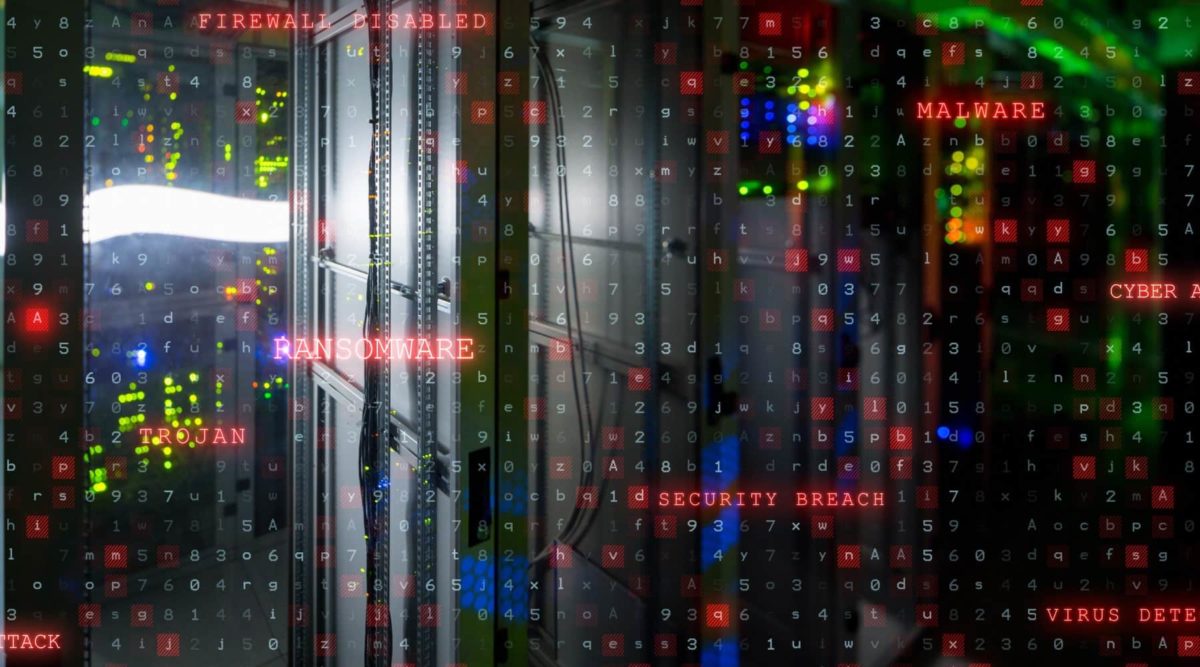Times change, and cybersecurity threats are continually evolving and outgrowing previous “best practices”. The reality is, effective cybersecurity requires more than just a secure infrastructure and one-time installation of security processes. Cybersecurity requires ongoing attention to, and adjustment of, protocols and operational management. Unfortunately, many times, cybersecurity responsibilities are stacked on top of an already busy IT team. It’s no wonder why cybercrime is estimated to reach 6 trillion USD in global costs by 2021.
IT Responsibilities
An IT department and a Cybersecurity department should be thought of as two separate entities. When you have an IT department, or even a single IT professional working for you, allow them to concentrate on operating your system and optimizing its use. It’s a bit oversimplified, but your IT department should be in charge of making sure your business has uptime. If they are doing their job efficiently and appropriately, this should be all they have time to do.
Cybersecurity Responsibilities
While there are some daily operational tasks that may be required of a cybersecurity professional, their main focus should be to look for holes in your system that leave you vulnerable. They should not only be seeking out and researching potential threats but understanding what is needed to prevent them. Cybersecurity professionals are proactive while IT professionals are reactive.
Evergreen Approach
The key to being a successful cybersecurity professional is continually reviewing details of internal operational procedures, in conjunction with staying current on the newest threats and emerging cybercriminal practices. Said simpler, staying ahead of the bad guys. This does require a skill in attention to detail, as even the most minor security weakness or oversight could have huge consequences on an organization.
It’s All About Compliance
Securing data and networks reliably, while responding successfully to meticulous audits, can be daunting. Meeting compliance mandates, however, will not only ensure maximum security, but also enhance your data center’s reputation for quality. Important compliance standards include, but are not limited to:
Why You Need Both
If you have a digital presence in any way, you need both of these departments to keep things running smoothly and safely. IT and cybersecurity have very different roles to play, however, together their functions act as a sort of checks and balances relationship. Reach out to our Cybint team today to discover our cyber solutions that will fit your unique business structure. We are here to help ensure your security and continued growth.






